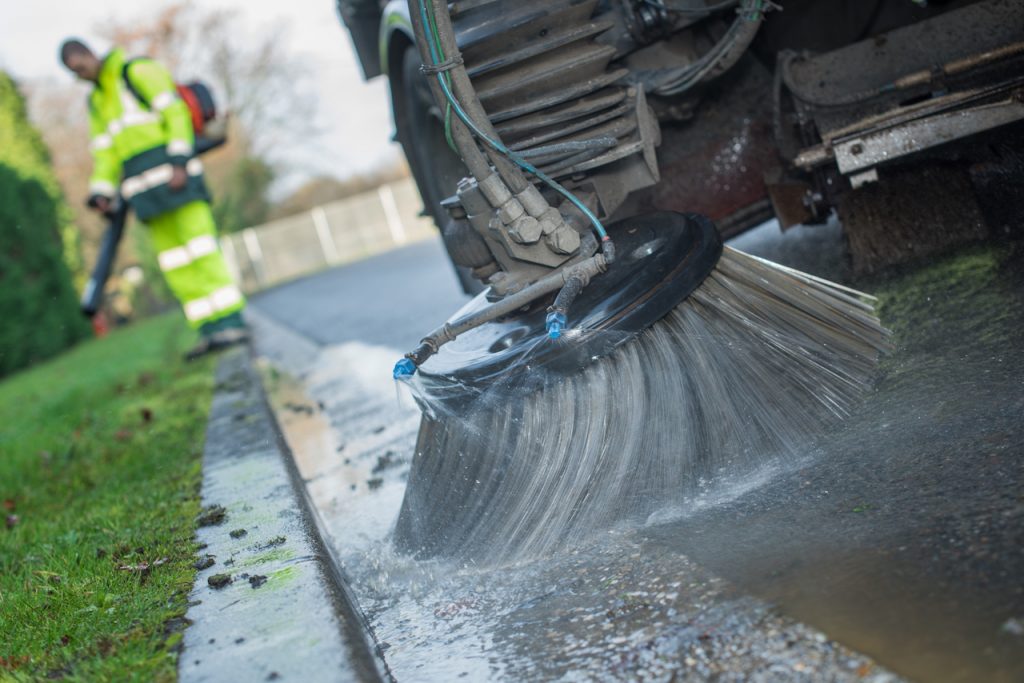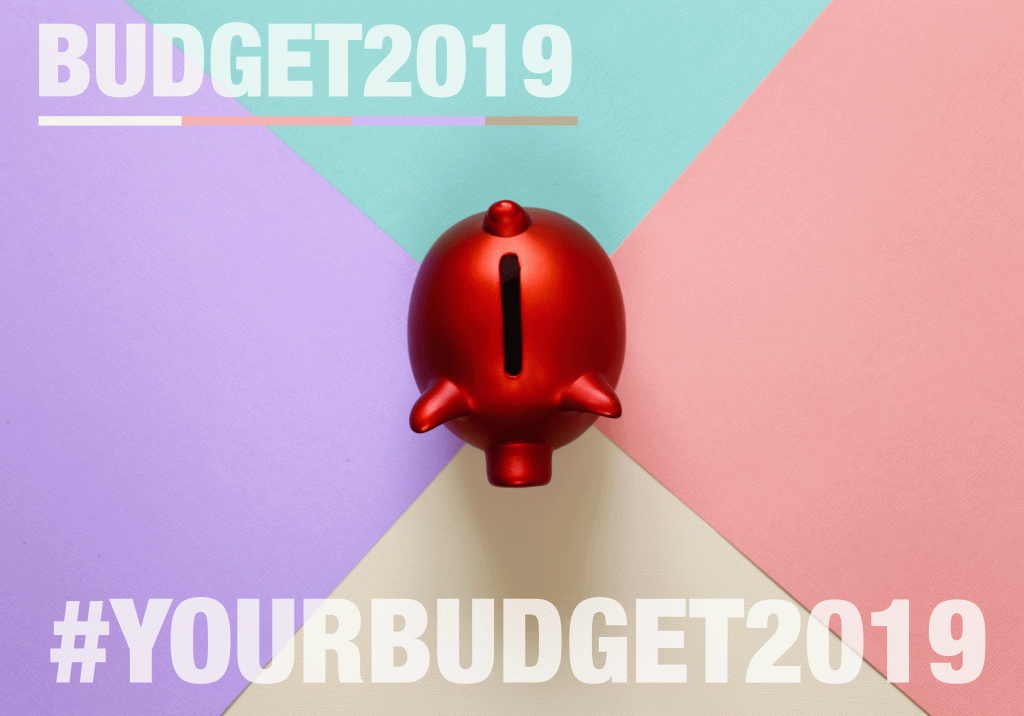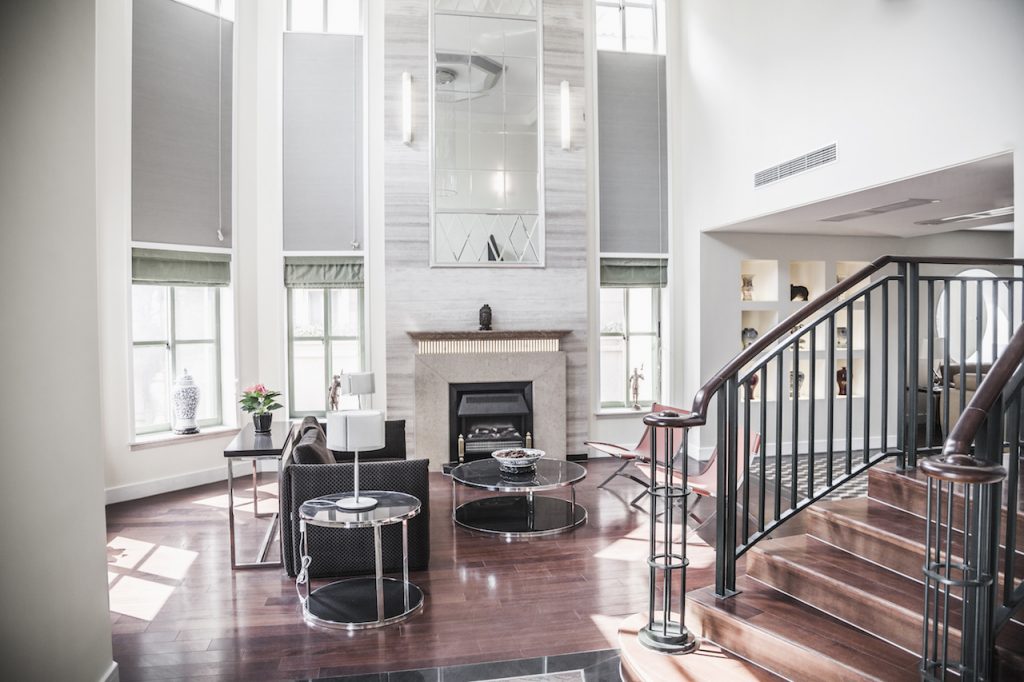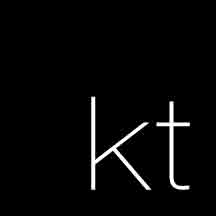Freehold vs Freehold

We’ve noticed a lot of deceptive advertising of properties recently, claiming to be 100% freehold while leaving out some very important details! A true freehold home, with no association, condo or land lease fees means you own the home and the land it sits on. Many municipalities push developers to build higher density housing, more […]
#YOURBUDGET2019

The 2019 Federal Budget has been released and there are some excellent new programs affecting real estate, specifically for first-time buyers. Let’s sum it up for you: SHARED EQUITY MORTGAGE The new Shared Equity Mortgage option, available through the Canadian Mortgage and Housing Corporation (CMHC), is HUGE. This isn’t for everyone but those who can […]
Builder Upgrades

“What upgrades should I buy through the builder and which should I do after closing?” Congratulations! You’ve bought your brand-new home, and you’re off to that exciting appointment at the design centre to choose all your upgrades…. Here are our suggestions on what to consider. Getting upgrades through the builder is certainly convenient because everything […]
